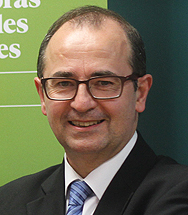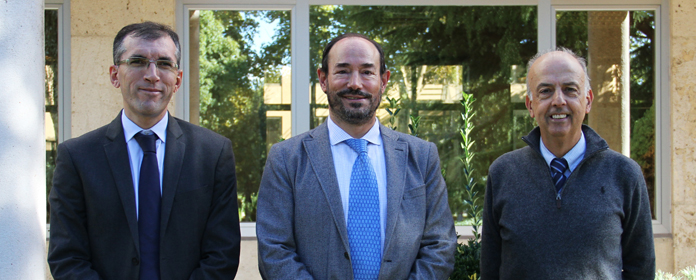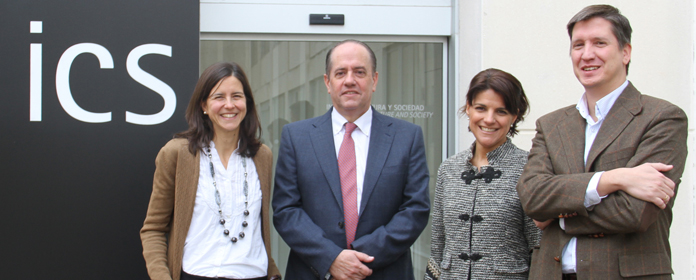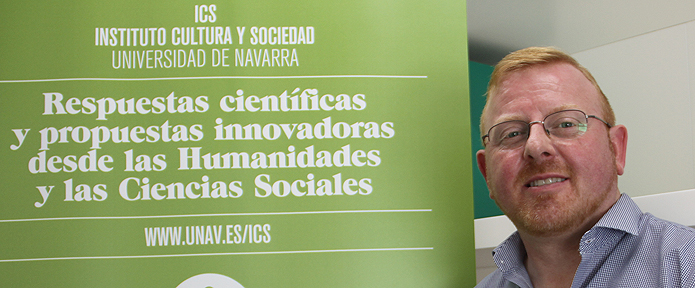A researcher of the University, named member of the Pontifical Academy for Life
Carlos Centeno Cortés directs the Palliative Medicine Unit of the Clínica Universidad de Navarra and the ATLANTES Program of the Institute for Culture and Society

Carlos Centeno Cortés, director of Palliative Medicine in the Clínica Universidad de Navarra and researcher principal of the ATLANTES Program: Human Dignity, Advanced Illness and Palliative Care of the ICS, has been appointed as a corresponding member of the Pontifical Academy for Life. Institute for Culture and Society (ICS), has been appointed corresponding member of the Pontifical Academy for Life.
Centeno has a PhD in Medicine and Surgery from the University of Valladolid, University specialist in Bioethics and Master's Degree in Palliative Medicine. He made the specialization program of Radiation Oncology at the University Hospital of Valladolid, where he participated in the implementation of the first palliative care team of Castilla y León. He was researcher clinician at the University of Alberta, Canada (1998).
He is the author of more than 110 papers published in national and international journals on topics related to palliative care. He has also published a guide of Palliative Medicine for students and an Atlas of Palliative Care in Europe and another of Latin America. As Senior Associate Professor of Palliative Medicine, he practices the teaching in the School of Medicine and other centers of the University of Navarra, as well as in several institutions in Spain, Italy and Portugal.
The Pontifical Academy for Life was created by Pope John Paul II in February 1994, defined by the apostolic letter Vitae Mysterium. The goal of the Academy is the promotion and defense of human life, especially in relation to bioethics according to Christian morality.
Three other experts from the University of Navarra belong to this Academy: Nunziata Comoretto, visiting researcher of the ATLANTES Program; Jokin de Irala, Full Professor of Preventive Medicine and Public Health and researcher main project 'Education of affectivity and human sexuality' of the ICS; and Gonzalo Herranz, professor of Biomedical Humanities of the School of Medicine.




